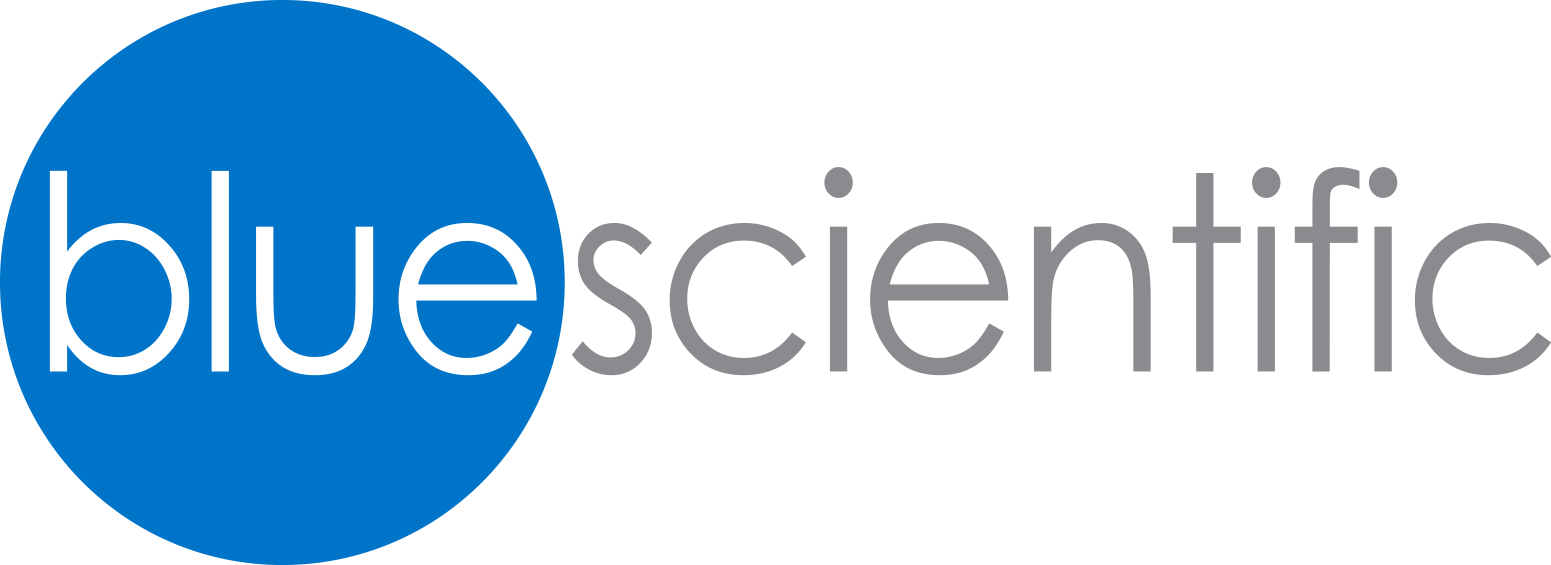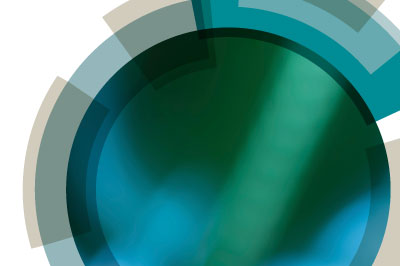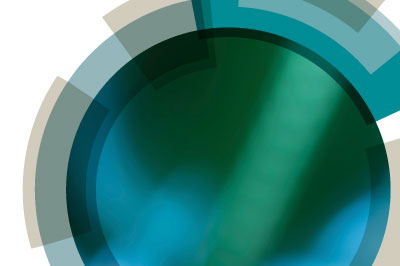Introduction
There is currently a great interest in finding new ways of in situ control of structure and dynamical properties of materials at the micro and nano scales. One of the most attractive routes is to use variation of applied voltage, an approach shared by a wide spectrum of disciplines including nano- and micro-fluidics, optofluidics, nanotribology, microrobotics,and tunable optical metamaterials.With portable applications and energy saving demands in mind, the most promising scenarios are related to ultra-low voltage control. The latter is generally achievable under electrochemical conditions which require involvement of electrolytic components and electrical double layer effects at the nanoscale.
This discussion will bring together internationally leading researchers in this new interdisciplinary field, who will explore and exchange ideas on the physical and chemical principles underlying these phenomena.
Format
The Faraday Division have been organising high impact Faraday Discussions in rapidly developing areas of physical chemistry and its interfaces with other scientific disciplines for over 100 years.Faraday Discussions have a special format where research papers written by the speakers are distributed to all participants before the meeting, and most of the meeting is devoted to discussing the papers. Everyone contributes to the discussion - including presenting their own relevant research. The research papers and a record of the discussion are published in the journal Faraday Discussions.
You can find out more about Faraday Discussions in this video:
Themes
- Electroactuators: from understanding to micro-robotics and energy conversion
This session will deal with the conversion of the applied voltage to mechanical motion and the reverse processes of electrical energy harvesting from mechanical motion. The focus of the session will be on the search of new micro and nano structured electrodes and membrane materials for enhancement of the electroactuation effect. Applications in micro- and nano-robotics as well electrical energy generators will also be considered, particularly in view of maximizing their efficiency. In terms of systems to be considered at the session, we will focus on polymer-electrolyte composite membranes and nanostructured carbon electrodes, but the goal of the session will also be to reveal emerging systems. - Electrotunable wetting, and micro-and nanofluidics
This session will deal with electrical control of fluids on micro and nano scales, for instance in opto-fluidics, electroactive desalination, and liquid flow capacitors. We will also cover inverse electrowetting, in which mechanical pressure and deformation of liquid droplets generate voltage. - Nanotribology and voltage-controlled friction
In this session, we will discuss the possibilities of controlling friction in electroactive systems, such as interfaces with thin lubricant layers consisting of electrolyte solutions or ionic liquids. - Electrovariable nanoplasmonic
This session will deal with the tuning of surface plasmons in nanostructures, which can be used to electrically control optical properties. These may be used for future creation of switchable mirror-windows, or SERS based detection of hazardous molecules for security and environmental control. The main focus of the session will be on systems based on self-assembled nananoparticle arrays at liquid-liquid or liquid-solid electrochemical interfaces.
Aims
The aim of this discussion meeting is to develop fundamental understanding of key aspects of the chemical physics of electroactive materials, especially relating to the electroactuation effect, voltage controlled friction, electrotunable wetting, and the tuning of surface plasmons in nanostructures – bringing communities together in this interdisciplinary field.Supporting Division
Organised by the Faraday Division in association with the Materials Chemistry Division.Useful links
Downloads
- Draft Programme
- Preprints - Session 1 Electrotunable Wetting
- Preprints - Session 2 Micro and Nanofluidics
- Preprints - Session 3 Nanotribology and voltage-controlled friction
- Preprints - Session 4 Electroactuators: from understanding to micro-robotics and energy conversion
- Preprints - Session 5 Electroactuators: from understanding to micro-robotics and energy conversion
- Preprints - Session 6 Electrovariable nanoplasmonics









